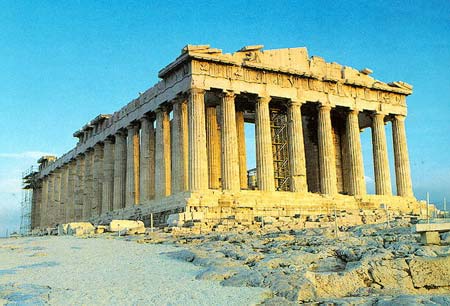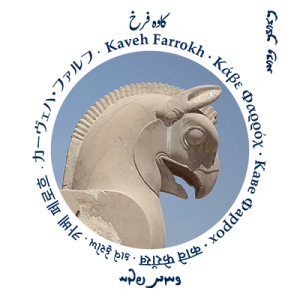The greatest blunder committed by Xerxes in his invasion of Greece were his very un-Persian actions in ordering the city of Athens to be torched, including the Acropolis.
Xerxes’ troops destroyed many towns, villages, farms and temples. These actions stiffened the Greek determination to resist and expel the invader from their soil. As I have previously noted, the statues of sacred Greek gods were confiscated and brought to Persia – an action that only fueled the intensity of the Greek desire to seek vengeance. This culminated in the invasion and conquest of Persia by Alexander in the 330s BC.
Xerxes soon realized the error of his actions, but it was too late. His offers to rebuild Athens after the battles were firmly rejected by the Greeks. Most significant however was the fact that Xerxes had broken the tradition of tolerance and respect that had been shown by Cyrus the Great towards captured cities. How would history have been different had Xerxes behaved in Athens as Cyrus had in Babylon? One thing is certain: the West has never forgiven Xerxes’ invasion of Classical Greece.
Chapters:
- The Notion of Democracy and Human Rights
- What really led to War
- The Military Conflict: Separating Fact from Fiction
- The Error of Xerxes: The Burning of Athens
- The “West” battling against the “Mysticism” of “the East”
- The Portrayal of Iranians and Greeks
- A Note on the Iranian Women in Antiquity
- “Good” versus “Evil”
- Bibliography




